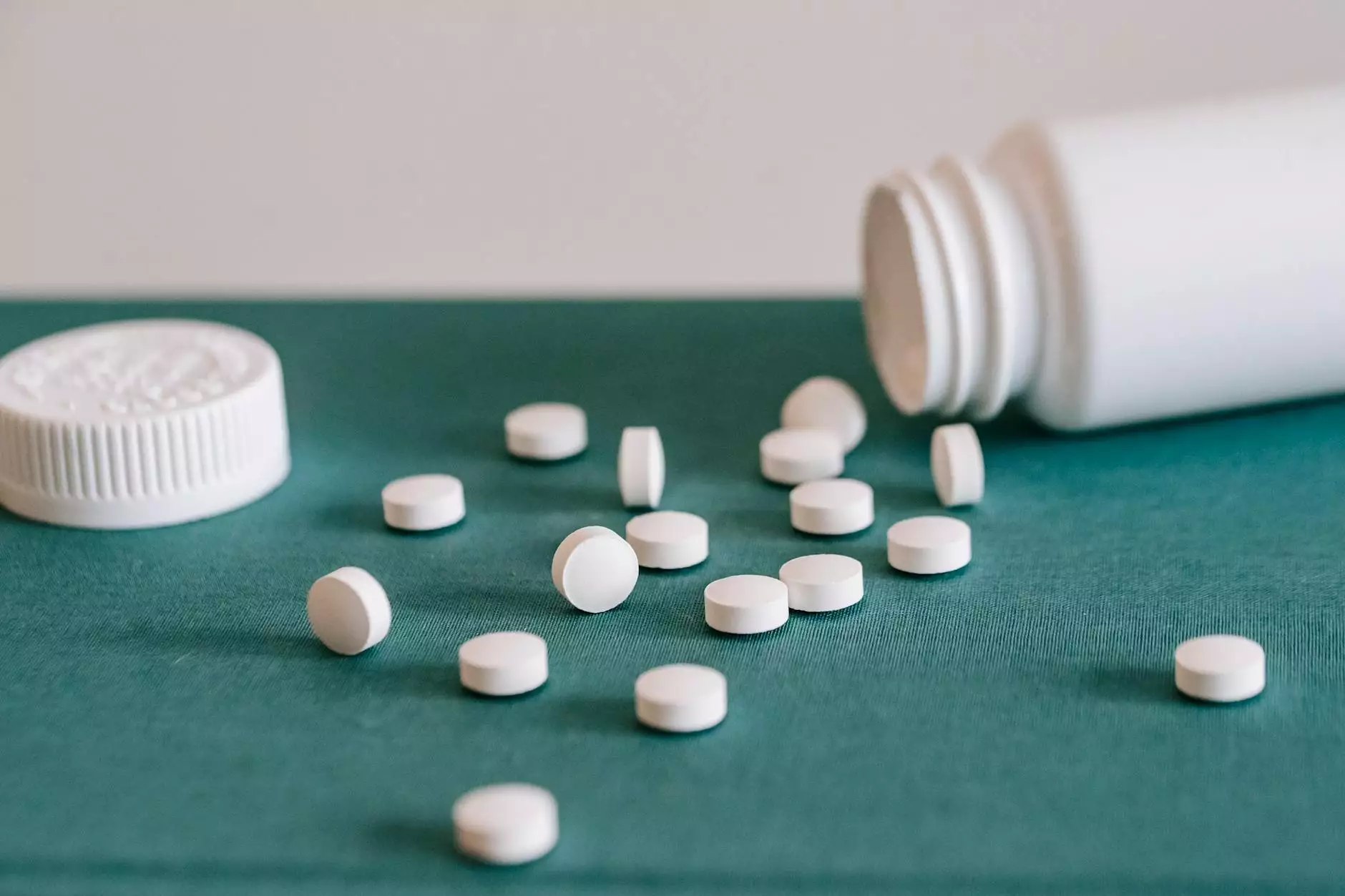The Crucial Intersection of Pharmacy and Addiction Medicine

In today’s fast-paced world, understanding the relationship between pharmacy and addiction medicine is more essential than ever. The misuse of prescription medications has risen substantially, urging healthcare professionals and pharmacists to adopt comprehensive approaches in their practices. This article aims to delve into the intricate dynamics of these two vital fields, emphasizing the importance of responsible medication dispensing and the fight against addiction.
What is Pharmacy?
Pharmacy is a healthcare profession that focuses on the preparation, dispensing, and appropriate use of medications. Pharmacists are experts in pharmacology, the study of drugs and their effects on the human body. They play a critical role in patient care by ensuring that patients receive the correct medications, dosage, and instructions. Moreover, pharmacists are vital in educating patients about their medications, potential side effects, and interactions with other substances.
The Importance of Responsible Medication Practices
With the increasing prevalence of chronic conditions requiring long-term medication, responsible practices in pharmacy have become paramount. Here are some key responsibilities that pharmacists uphold:
- Medication Review: Pharmacists conduct thorough reviews of a patient's medication history to identify potential issues such as drug interactions or duplications.
- Patient Education: Educating patients about their medications helps improve adherence and ensure safety.
- Monitoring for Side Effects: Pharmacists are trained to recognize adverse effects, which allows them to act swiftly to mitigate risks.
- Compliance with Regulations: Pharmacists maintain knowledge of local and federal laws regarding controlled substances, ensuring that all practices comply with regulations.
Understanding Addiction Medicine
Addiction medicine is a specialized branch of medicine dealing with the diagnosis and treatment of addiction. This field focuses on various substance use disorders, including alcohol, prescription drugs, and illicit drugs. Understanding the complexities of addiction is crucial for effective treatment and recovery.
The Nature of Addiction
Addiction is a chronic, relapsing disorder characterized by compulsive drug seeking and use despite adverse consequences. It affects the brain's reward system, leading to changes in behavior that can be difficult to control. Elements contributing to addiction include:
- Genetic Predisposition: Genetics can play a significant role in an individual's susceptibility to addiction.
- Environmental Factors: Living conditions, societal norms, and peer influences can contribute to the development of addiction.
- Co-occurring Disorders: Mental health issues often accompany substance use disorders, complicating treatment efforts.
The Role of Pharmacists in Addiction Medicine
Pharmacists have a crucial role in addiction medicine, serving as front-line experts who can help prevent prescription drug abuse and ensure the safe use of medications. Some key responsibilities include:
- Assessing Risks: Pharmacists assess patients' risk for addiction by reviewing their medication history and personal circumstances.
- Screens and Interventions: They can conduct screenings for substance use disorders and provide interventions to mitigate risks.
- Education on Safe Use of Medications: Teaching patients about the importance of following prescriptions, recognizing signs of dependency, and how to seek help when needed.
The Interplay Between Pharmacy and Addiction Medicine
The relationship between pharmacy and addiction medicine is symbiotic. Pharmacists not only dispense medications but also advocate for safe practices that can help prevent addiction. Understanding this interplay is vital for improving outcomes for patients at risk for or experiencing addiction.
For instance, when a pharmacist notices an unusual pattern in a patient's prescription history—such as requests for early refills or multiple prescriptions from different providers—they must act. This could involve contacting the prescribing physician to discuss concerns, enhancing the collaborative approach needed in tackling addiction.
Promoting Safe Medication Practices
Encouraging safe medication usage is a collaborative effort that requires the participation of various stakeholders, including healthcare providers, pharmacists, and patients. Here are a few strategies for promoting safe practices:
- Developing Guidelines: Establishing clear guidelines for prescribing and dispensing controlled substances can help minimize misuse.
- Enhancing Communication: Open lines of communication between healthcare providers and pharmacists can facilitate better understanding and monitoring of patients at risk.
- Providing Resources: Offering educational resources and support for patients struggling with addiction can empower them toward recovery.
Challenges in the Field of Pharmacy and Addiction Medicine
As with any field, pharmacy and addiction medicine face numerous challenges. These include:
- Stigma: The stigma associated with addiction can deter individuals from seeking help, making it more challenging for pharmacists to engage patients.
- Access to Treatment: Limited access to addiction treatment programs can hinder recovery efforts.
- Regulatory Barriers: Stringent regulations on controlled substances can make it difficult for pharmacists to provide timely care.
Conclusion
The relationship between pharmacy and addiction medicine is vital in mitigating the risk of medication misuse and addiction. As the landscape of healthcare evolves, pharmacists must continuously adapt and enhance their roles in the management of addiction. By fostering collaboration, promoting safe practices, and remaining vigilant, pharmacists can significantly contribute to the fight against addiction and support the well-being of their patients.
For more information on pharmacy practices and addiction medicine, you can visit https://alprazolam-xanax.com, a source committed to providing guidance and resources in this critical field.



